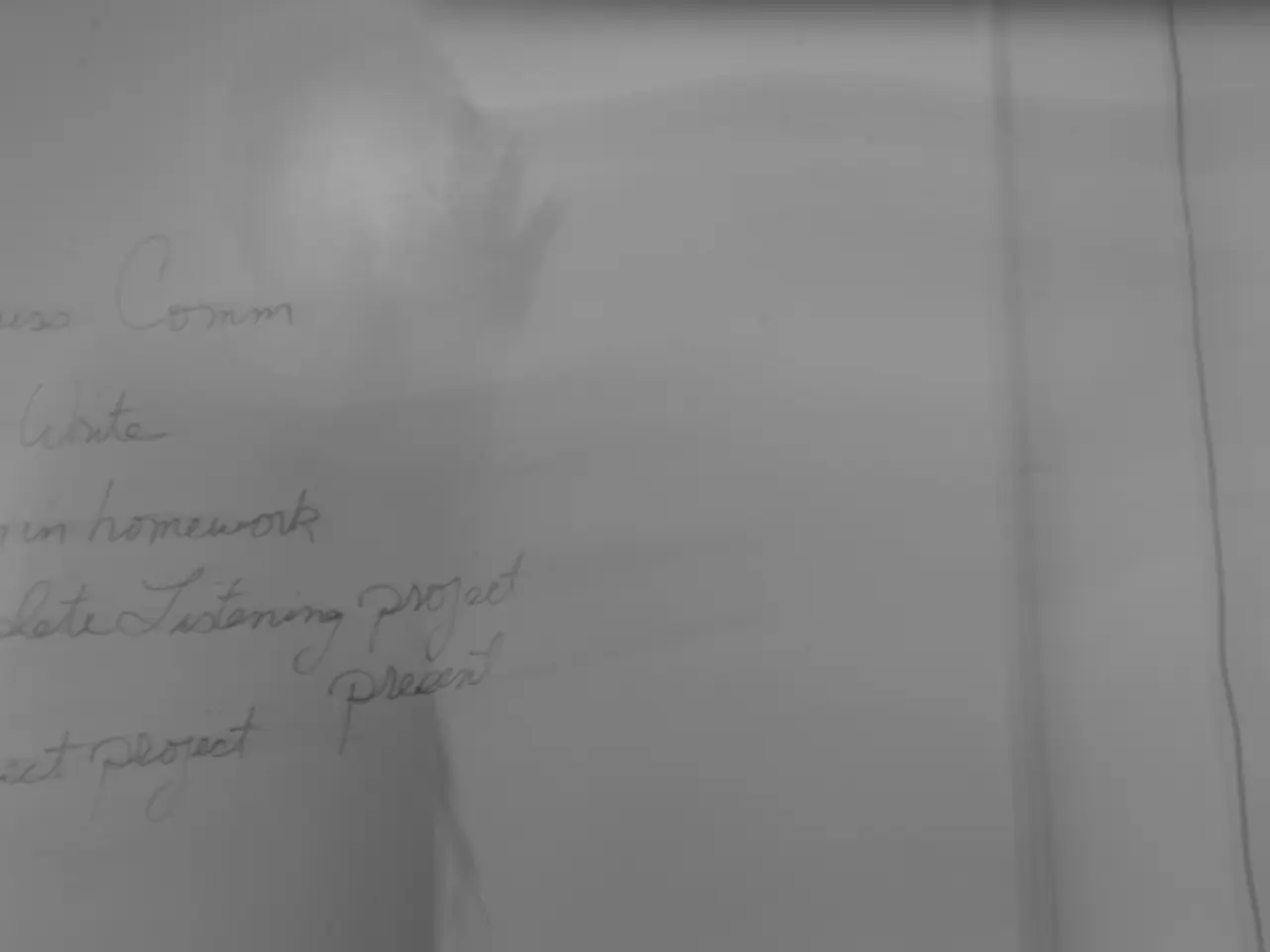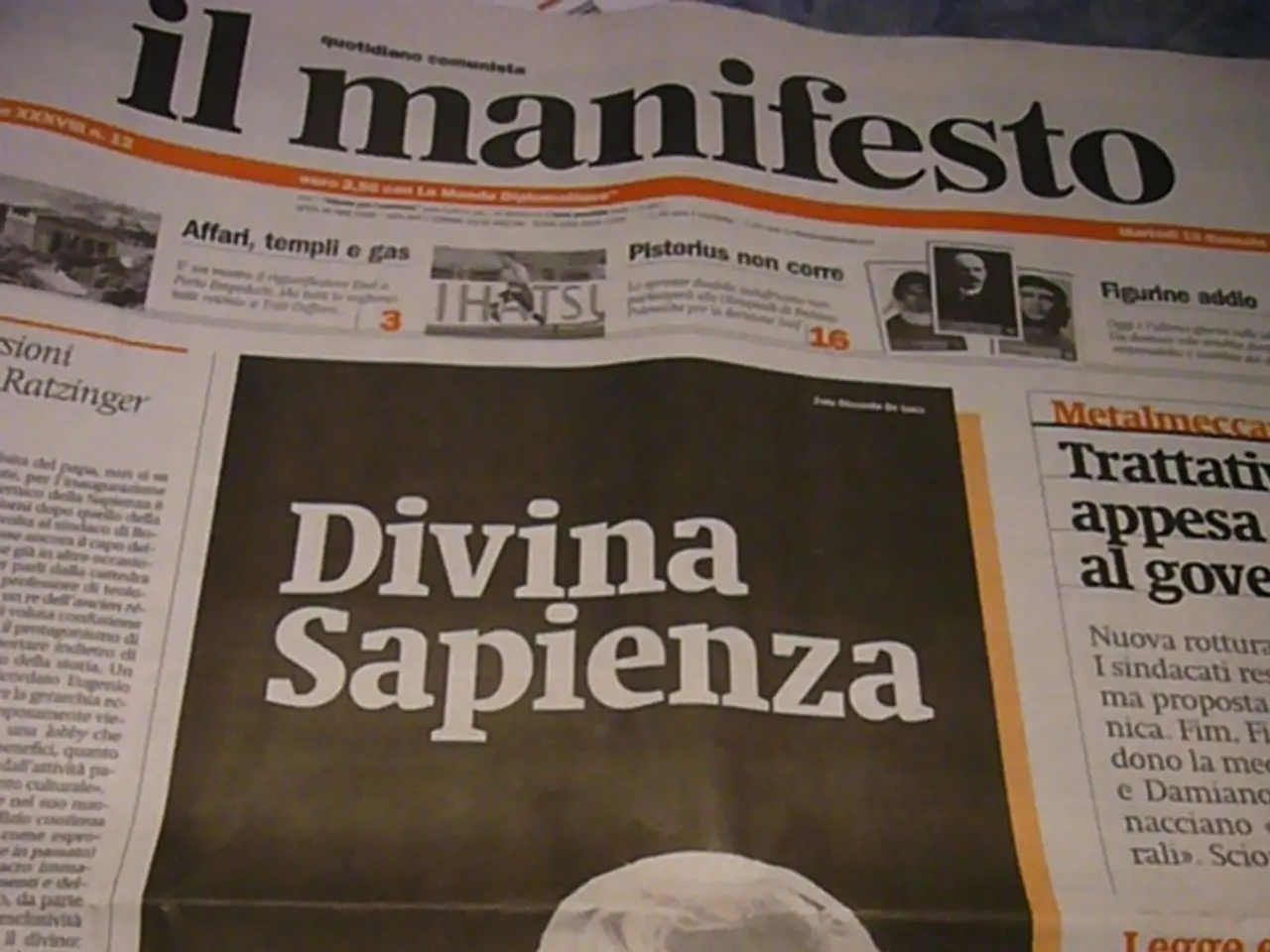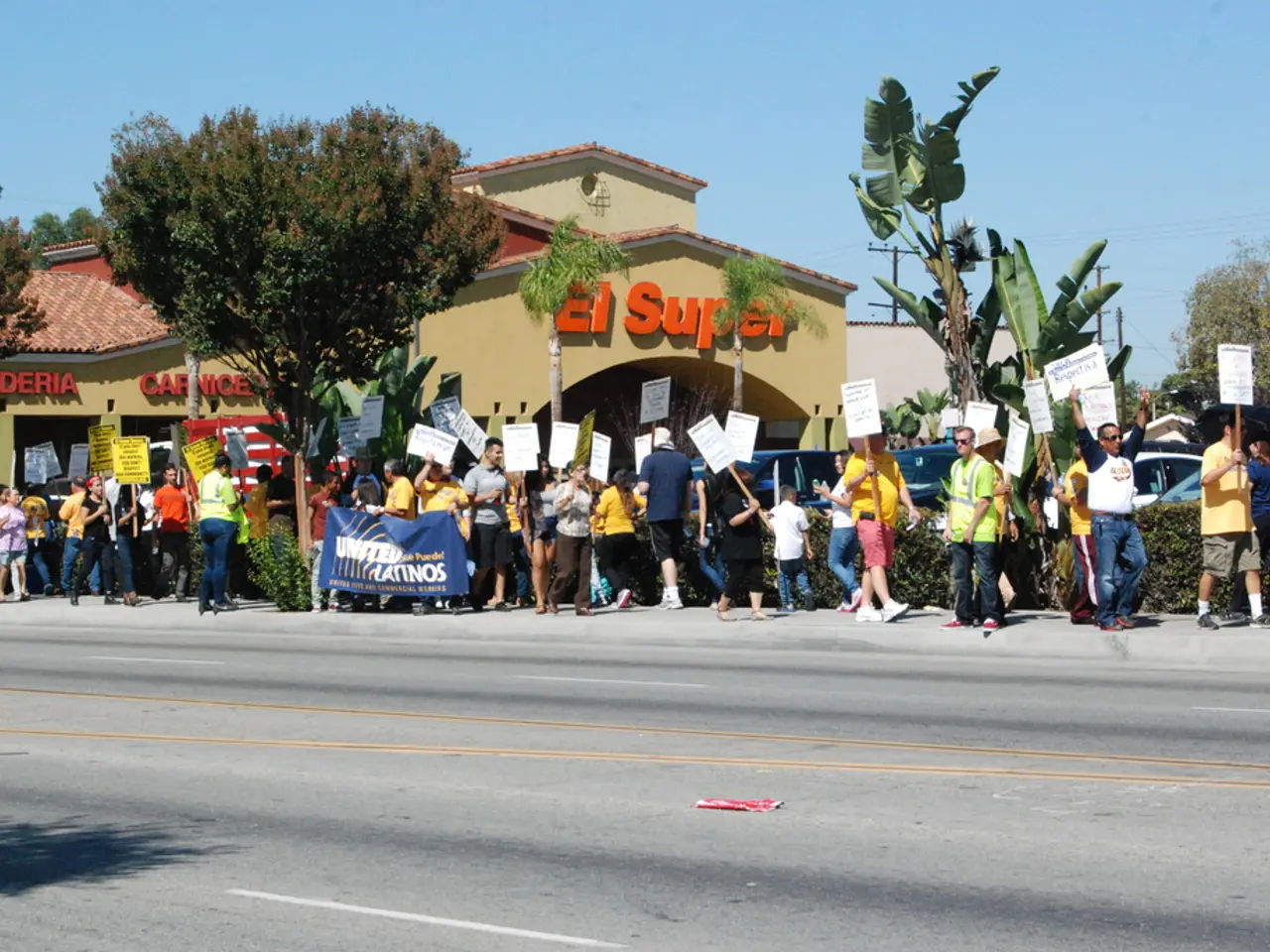EU Commissioner for Trade, Sefcovic, Heads to Washington for Customs Discussions - Customs Negotiations Commissioner of EU in Washington
The ongoing tariff negotiations between the European Union (EU) and the United States (US) have reached a critical stage, with both parties expected to reach a broad agreement before the deadline expires next Wednesday, July 8, 2025.
Maroš Šefčovič, the EU Trade Commissioner, has recently travelled to Washington for these crucial talks. The discussions are taking place in the context of ongoing trade disputes between the two economic powerhouses.
Initially, the EU proposed a zero-tariff agreement on industrial goods and offers to buy strategic US products like liquefied natural gas. However, it now appears that the deal will maintain a baseline 10% tariff on EU imports, a compromise primarily favored by Germany and Italy but met with skepticism by France and Ireland.
French President Emmanuel Macron has insisted that if the US maintains a 10% tariff, the EU’s compensatory levies on US goods must be equivalent—a "10% for 10%" approach.
The broad agreement, if reached, would serve as a basis for further negotiations on specific tariff rates. However, even if a deal is reached by this deadline, many detailed issues and disagreements will likely remain unresolved, requiring further negotiations in specific sectors like aircraft manufacturing, which have complex transatlantic supply chains.
If a deal is not agreed by the deadline, the US has threatened to impose higher reciprocal tariffs of up to 50%, escalating trade tensions further. The deal, once in place, may be deliberately kept short and general to allow subsequent detailed agreements in strategic sectors.
In summary, the current status of the tariff talks is that an outline of a trade deal is taking shape, with the EU willing to accept a 10% baseline US tariff on imports as part of a political understanding aimed at easing tariff tensions. The negotiations are progressing cautiously towards a political understanding featuring a 10% baseline tariff, with a critical deadline fast approaching and the risk of tariff escalation if no agreement is reached.
The Commission, in the midst of politics and policy-and-legislation, is proposing to extend the period of validity of the agreement to cover the period from 1 January to 31 December, aligning with the tariff negotiations between the European Union and the United States. This extension, if agreed, may parallel the proposed 10% tariff on EU imports in the upcoming broad agreement, a compromise in war-and-conflicts-laced politics that could potentially impact general-news headlines.







